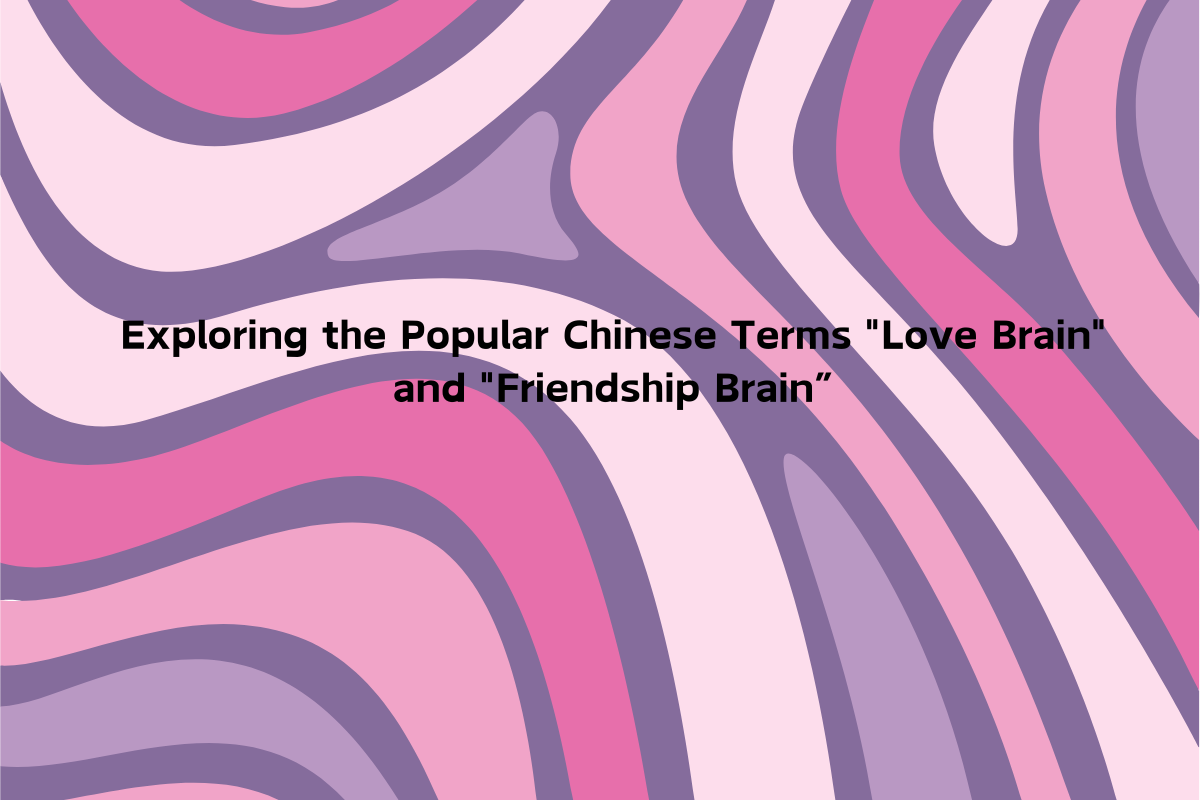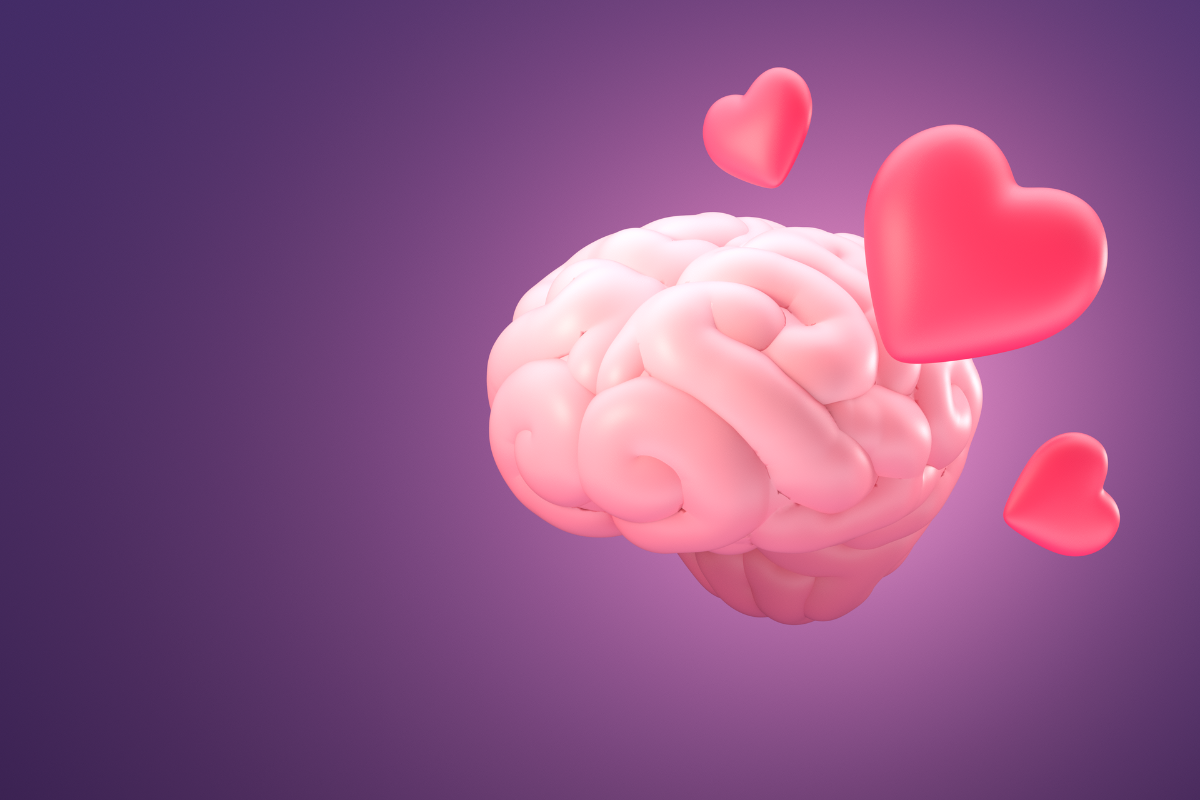Exploring the Popular Chinese Terms "Love Brain" and "Friendship Brain”
In today's Chinese internet culture, there are many interesting and attention-grabbing terms, two of which are "Love Brain" and "Friendship Brain". These terms are not just simple vocabulary, but rather novel descriptions of contemporary social relationships and emotional experiences. Let's explore the meanings of these two popular terms and their applications in modern life.

Love Brain-恋爱脑 (liàn'ài nǎo)
"Love Brain" is a widely popular term among young people in China, used to describe the psychological state and behavioral characteristics of individuals in love. The emergence of the Love Brain partly stems from people's pursuit and enthusiasm for love in modern society, reflecting the unique cognition and attitude of the younger 年轻的 (nián qīng de) generation towards romantic relationships.
年轻的 (nián qīng de), adj, younger
Examples:
- She is the younger sister in the family.
她是家里年轻的妹妹。
Tā shì jiā lǐ de nián qīng de mèimei. - The younger generation is more open-minded.
年轻的一代更加开放。
Nián qīng de yī dài gèng jiā kāi fàng.

Friendship Brain-友情脑 (yǒu qíng nǎo)
In contrast to the Love Brain is the "Friendship Brain", another popular term among young people in China used to describe the psychological state and behavioral 行为的 (xíng wéi de) characteristics of individuals in friendship relationships. Friendship Brain emphasizes the importance of friendship in individual life, as well as the unique value and significance of friendship.
Under the influence of Friendship Brain, individuals often show care, support, and trust towards their friends. They are willing to listen to their friends' troubles, share each other's joys and sorrows, and go through life's ups and downs together. Friendship Brain also inspires people to cherish and maintain friendships, making friendship relationships play an important role in their lives.

行为的 (xíng wéi de), adj, behavioral
Examples:
- His behavioral patterns are predictable.
他的行为模式是可以预测的。
Tā de xíngwéi móshì shì kěyǐ yùcè de. - The study focuses on behavioral psychology.
这项研究专注于行为心理学。
Zhè xiàng yánjiū zhuānzhù yú xíngwéi xīnlǐxué.
Key Sentences:
- She always falls into the sweetness of love, she's such a "Love Brain".
她总是陷入爱情的甜蜜,真是个恋爱脑。
Tā zǒng shì xiànrù àiqíng de tiánmì, zhēn shì gè "liàn'ài nǎo". - I enjoy making friends, I'm a "Friendship Brain".
我喜欢交朋友,是一个友情脑。
Wǒ xǐhuān jiāo péngyǒu, shì yīgè "yǒuqíng nǎo". - I always rely on my friends a lot, they all say I'm a "Friendship Brain".
我总是很依赖朋友,他们都说我是友情脑。
Wǒ zǒng shì hěn yīlài péngyǒu, tāmen dōu shuō wǒ shì "yǒuqíng nǎo".